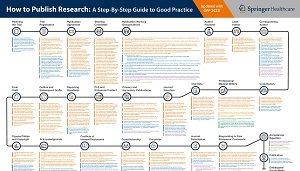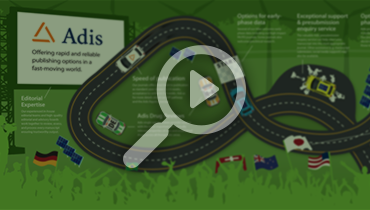We are a global leader in healthcare education and communications
Drawing on the vast experience and expertise of our worldwide network, Springer Healthcare delivers strategic medical communications solutions, high-level clinical and scientific content, specialized training programs, and targeted medical education initiatives across the full range of therapeutic areas.

Your Springer Healthcare Team
An unrivaled dedication to skills, service and science – and most importantly to those we serve – is what drives us. As a fully vested member of your team, we recognize that our success depends entirely upon your success.
Springer Healthcare Spotlight
About Springer Medicine
Better-informed doctors make better decisions. Which is why have launched Springer Medicine, a pan-European, English-language, medical education platform. Our mission is to educate doctors on the latest clinical advances, so you can offer your patients the best possible care.
Building on Springer Nature’s reputation as a guardian of scientific knowledge and thought-leadership, using our comprehensive wealth of clinical content and established relationships with international experts, Springer Medicine is committed to empowering you with the knowledge you need for your patients.

Good Publication Practice 2022 Poster - now available
This step-by-step educational guide is designed as a handy reference, to guide authors and pharmaceutical professionals through the complex good practice guidelines for writing and publishing manuscripts. The new poster includes the updated guidelines published in Q3 2022.
If you would like a free copy of this poster, which comes in A2 size or a handy pocket version, please complete your details on the contact form here.
Please state your preference on the contact form and our team will arrange the delivery with you.

Official Content Licensing from Oncology Congresses
Navigating re-use rights for congress materials can be confusing and time-consuming. Let Springer Healthcare make it as painless as possible!
For a quick overview of our official congress content licensing options, check out our calendar of key oncology congresses.
There's no substitute for original meeting content.

Keep your publications on track with rapid publication and winning digital features from Adis
Explore the new interactive racetrack infographic to find out about rapid and reliable publishing options from Adis, including:
- Adis Drug Reviews
- Presubmission enquiry service
- Plain-language summaries
- Open access options
- Variety of journal options and article types
- Digital features, including videos, infographics, animations and podcasts.
- And much more…
